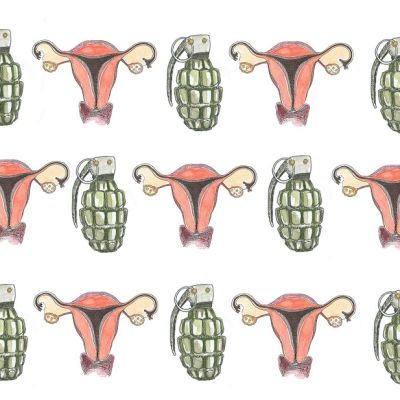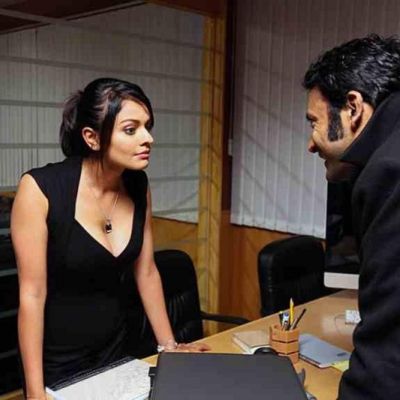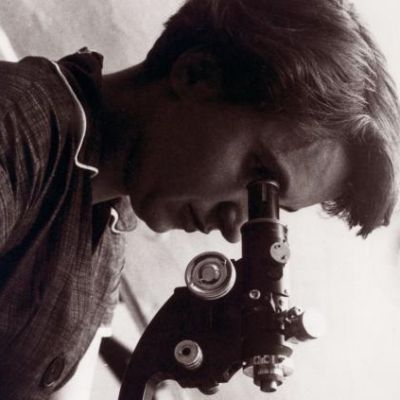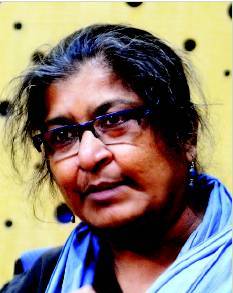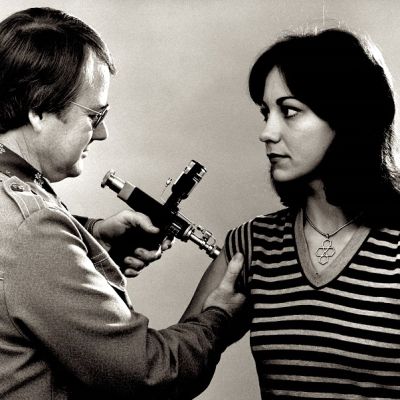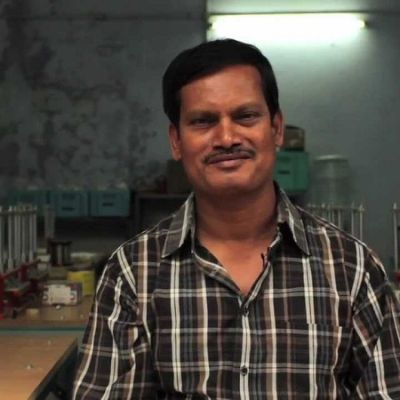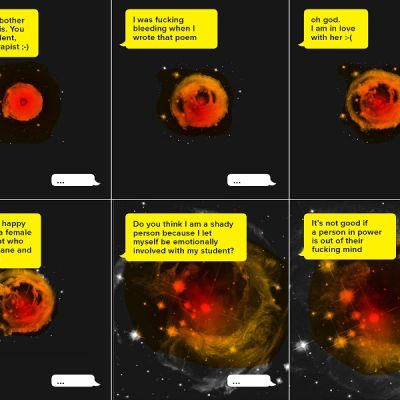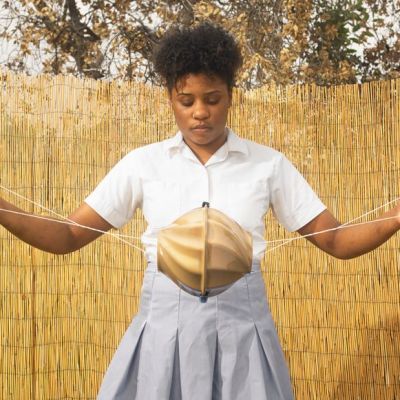Science and Sexuality
With Assisted Reproductive Technologies, science has managed to use technology to prise apart previous associations between reproduction and sex. With gender, class and queer theory, the social sciences have prised apart previous associations between gender and sex. We have found that knowledge through science, like knowledge of sexuality, can’t be pinned down to absolutes. “The more you know, the more you know you don’t know,” said Aristotle. While science may value the systematic and objective, it cannot escape the baffling convolutions of lived experience. How does life influence knowledge, and knowledge influence life?
Looking through the prism of Tamil cinema, a female scientist distorts the simplistic, straightforward portrayal of women that most movies adopt. Her knowledge and authority on a subject enable her to challenge the hero (gasp!) in areas that he may not know about. Often, she flaunts her sexuality; it’s brash, open and departs from norms.
While an increasing number of women are opting to enter the field of science, very few end up securing top positions in research or administration. For instance, in premier research institutes such as the Tata Institute of Fundamental Research, Indian Institute of Technology, and Indian Institute of Science, women constitute a meagre 10-12% of the faculty. The report attributes this ‘glass ceiling’ that women encounter within the workplace to the social pressures of having a family and the burden of child care.
The women taught me how to navigate the city, as I learnt about the different ways the body is marked in public (and in private too). I often tried to discern when ‘bold’ became ‘reckless’, and what the underlying politics of this rhetoric shift might be. How arguments were stacked up pre-emptively determining who was deserving of protection and whose transgressions left them out in the cold.
Shubha talks about social and subconscious biases in society against female scientists, her approach to tackling these challenges, and how she helps her female students maintain a healthy balance between their personal and professional life.
According to the communiqué released by the games authorities, she did not possess the sexual characteristics of a woman. She had therefore been disqualified, and would be stripped of her medal. Hearing this, Santhi fell into a state of utter disbelief.
The scientific establishment’s inability to attract enough women and keep them in the workforce is a large enough problem for it to feature in interactions between nation’s governments.
एपिसोड ४, अप्रैल २०१३ अनुवाद: योगेंद्र दत्त चयनिका शाह एवं विवेक वेलंकी के बीच यह संवाद इन प्लेनस्पीक के मार्च…
Societal norms that are contested, especially around body and sexuality, are often passed as the ‘natural order’ of things. The objective study of ‘nature’ that science claims to do induces society to seek scientific explanations to verify naturalness. It has been shown in many cases that the questions that scientists ask, and the methods they use, are coloured by norms of society. Yet, the ‘scientific answers’ thus got help determine what is natural. In the process, the normative gets naturalised.
Medical abortion is a threat to scientific authorities because it is technology easily used without the help of a medical provider. Since there is doubt that women will use the drug safely without supervision (even though they did it before and are still doing it), some think the kinder option is to remove their opportunity to fail.
A short documentary on India’s menstruation man, Arunachalam Muruganantham, who wore an artificial uterus, was left by his wife for five years, and was called a pervert by the neighbours – all in his pursuit to create cheap yet effective sanitary napkins for women who cannot afford safe menstrual hygiene products.
It began in the third year of my PhD. I had just returned from India and a fellow classmate sent me an e-mail. The e-mail was about his feelings for me, asking me to consider a relationship with him.
A movement back to reusable cloth pads or even towards the use of menstrual cups aims not only to create ways of dealing with menstruation that are healthier for the body and the environment, but also to open up a dialogue regarding the taboos and inhibitions regarding menstrual blood that stem from culture as well as paid media.
No one ever really talks about how queer people in STEM fields navigate hostile spaces. ‘STEM’ stands for ‘Science, Technology, Engineering, Math’. We Indians, of course, are well aware of what these fields entail because our parents, neighbours and teachers often push us towards them. Pursuing a career in the humanities/arts means deviating from the norm, so it makes sense that sexualities and gender identities which are considered ‘deviant’ often flourish in these fields.
The two people involved in the transaction of surrogacy occupy different positions of power. The surrogate who bears the child is not a woman with similar economic and social standing as the one who receives the child.

